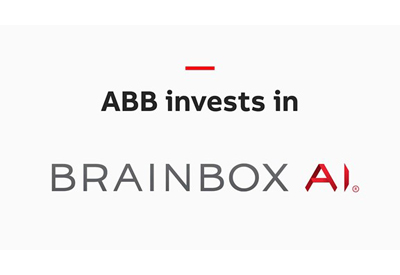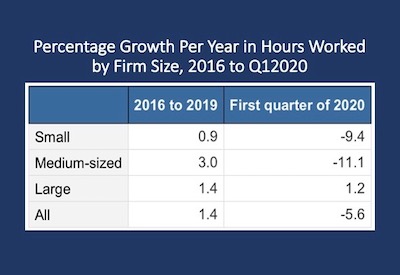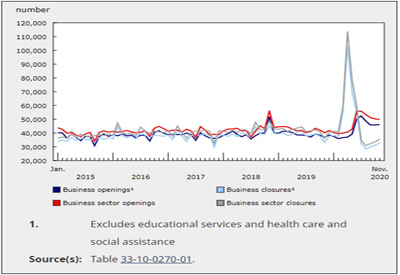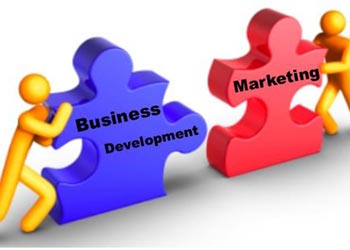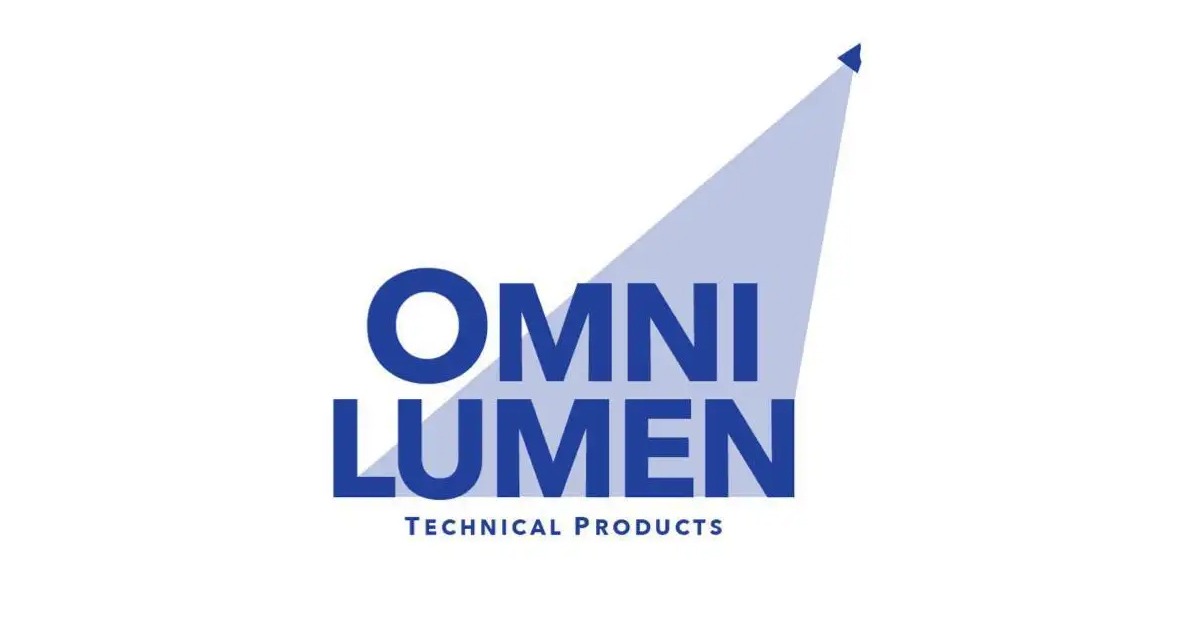Distributor Selling in the Wake of Coronavirus

Mar 19, 2020
By Frank Hurtte
Words like pandemic, lock-down, disrupter, social distancing, and community transmission wash over us like a tsunami in an ocean of hand sanitizer. Whole countries are under lockdown. Tradeshows and other events are going into cancel mode. States are declaring health emergencies and closing all public gathering places, and there are forecasts of even more stringent plans in development.
Many of our customers are considering going into emergency mode. Travel is curtailed, everyone who can do so is telecommuting, and business is being conducted in non-traditional ways.
As distributors I feel we have two options available to us:
1. We can stand idly by and simply react to the situation.
2. We can anticipate the situation, make some plans, and push forward.
Anticipating the situation
It might be safe to assume the following will accelerate:
• increased number of customers working from home
• some customers will be closed to guests
• supply-chain issues with parts and components shipped from other countries
• workers within the distributor organization may be/will be exposed to the virus
Leaving many of the common proactive measures to the news media, I assume you’ve already had your fill of the advice to wash your hands often, avoid crowds and quit licking doorknobs in public places. (I made up the doorknob licking advice to add some humour), but still, you know what I mean.
Instead, let’s talk about how we can push forward our efforts in sales, marketing, and customer-facing activities during these troubling times.
Driving business forward
Going back to our options for moving forward, I believe we must focus our efforts on helping customers who find themselves working from home or attempting to limit travel and exposure in some way. Let’s think about the situation.
We must continue to grow our relationships with customers both new and existing. Many of them will not be available for regular sales calls but customer problems and issues continue to bubble to the surface. In some instances, they may be balancing the need to get work done with the need to maintain a bit of the “social distancing” we hear so much about.
As we prepare our plans, I believe it is important to understand your customer’s unique situation. They still need our products along with our advice and guidance. Many may be going it alone, isolated from their co-workers. Perhaps, they are working from home while separated from their normal support materials. The point is, they still need our help.
The question is, how do we provide it in a post-coronavirus setting?
Phone outreach
Pick up the phone. I recommend starting with your best customer contacts. The first call might be to simply check in. Listen well and offer to share the resources you have available. This would include inventory on hand, technical support via phone and otherwise (which we will explore later). If your company has a policy on making live-sales visits, provide the details.
This is a great time to talk about products you feel might be in short supply. If you have a stock of these types of products be sure to highlight what you do and don’t have in inventory. Help the customer anticipate what might be better to order today; many people tell us when this thing clears, we could see more shortages or outages. Offer to assist in finding replacements or alternative solutions if the need arises.
Discuss future opportunities previously identified with the customer. Does the virus impact the dates? I believe some organizations may be moving opportunity dates forward based on factory usage and business conditions in their industry. For example, customers tied to the pharma industry may be moving lots of projects to fast track status. Knowing this only enhances your position.
This is also a great time to reach out to some of your lower-ranked (B and C) customers. The message mirrors the conversation with top customers. However, consider their potential before committing inventory on hand; in times of shortages we need to service our best customers first.
A good seller, armed with the phone, can reach more customers in a day than they could call on in a week. Letting customers know you are there and what your capabilities are works in your favor.
Need to see what’s happening in the customer’s facility?
Think about using Facetime, Skype, Duo or some other mobile app on the customer’s phone. Armed with this little tool the customer can share the sights and sounds from even the deepest recesses of their facility.
Get your scanner ready
During this crisis, the need for technical advice and product data will continue. The simplest and old-school way to get product data to customers is by scanning and emailing. Many customers, especially those working from home, will be needing some of this information. The scanner allows you to move handwritten notes back and forth in even the most primitive conditions. Don’t count on your phone’s camera to pick up the fine print.
Don’t forget screen sharing
Tools like Google Hangouts, FreeScreenSharing.com and Skype work well for doing presentations that require PowerPoint slides and pictures. They can be used for one-on-one training and reversed so your customer can show you a bit about their situations. This is a good way to keep the information flowing, even when not sitting in the customer’s office or conference room.
Video-based training
If you have developed video-based training, now is the time to push it to the forefront. If you don’t have some developed by your own company, this is a good time to check with your suppliers. Rather than just send an email, we are recommending virtual training where you and your customer watch the training simultaneously with the distributor providing a technical resource to answer questions.
Remember, I’ve said this many times, but allow me to repeat. Today, training is the new marketing. Virtual isn’t the same as live in your facility, but your efforts will shine because you may be the only company in your territory continuing the training effort through these trying times. And, a customer can participate from wherever they happen to be working.
Providing samples via mail or UPS
Want to truly differentiate yourself? Why not provide samples of new products to interested customer contacts by mail? Normally, manufacturers provide leads to their sales team or distributors for follow-up. Follow-ups can come in the form of a phone call. But until the coronavirus thing is under control, the whole process comes to a halt. Why not work with your manufacturers to send out a sample? It might even be sent directly to the customer’s home if that’s where they are working.
To better explain the situation, one of our manufacturing clients regularly uses LinkedIn ads to drive business in targeted distributor territories. Here’s how the process works. When a customer clicks on their promotion, product data are sent in response. A few days later one of their business development specialists reaches out to the customer. They determine if the customer is interested, the approximate value of the potential sale and a time frame for ordering. If the contact is qualified, and not just gathering information for the future, they offer to send out a sample.
In the past, the samples were sent to the distributor for delivery. Seeing the impact of our current crisis, they decided to give the distributor salesperson the ability to ship the product directly to the customer’s current location. While this program is only a week or two old, the idea has already shown promise. If our crisis continues, they and their distributors will enjoy a strategic head start on the competition.
Web-based e-commerce options
If you have an e-commerce presence, this is the time to inform customers. Our friends at KYKLO have recently put together some thoughts on using e-commerce during these trying times. Here are the “cliff-notes” of their work:
• Use your webstore to provide product data. Instead of sending catalogue cut sheets, send a link to the product on your site. This not only provides the right information, but it also gets the customer into your shop.
• Include a quotation created from your web store, along with other quotes to customers. If they are in a hurry, they can place the order with a single click.
• Spend time familiarizing your customers with your website. Don’t assume they know how to use it or which products you have posted. Stress the importance of being able to place orders regardless of time or place.
• Check for customers visiting your webstore regularly. If someone comes on, reach out to make sure they had all their questions answered and gather thoughts on their experience.
If you have time on your hands
Let’s say you are practicing social distancing in your personal life; most of us are. You’re sitting around the house in the evening. Despite 200 channels, Netflix, Hulu, and Amazon, nothing seems to completely capture your attention. Why not devote some of your time to these tasks:
• update your LinkedIn Profile
• reach out to a few new contacts on LinkedIn
• research new products from your best supply-partners
And, send an email to me here at River Heights Consulting. We’re still working. What’s more, I would love to hear your perspective.
Finally, a personal word or two
I’ve been in this industry for 43 years and counting. Every time something dramatic happens, someone finds the need to pontificate on the demise of our business. It never happens. The value we have provided in the past will be even more important in the future. We will persevere.
Frank Hurtte is the Founding Partner of River Heights Consulting. The Distributor Channel is a service of River Heights Consulting. Find out more: www.RiverHeightsConsulting.com.


